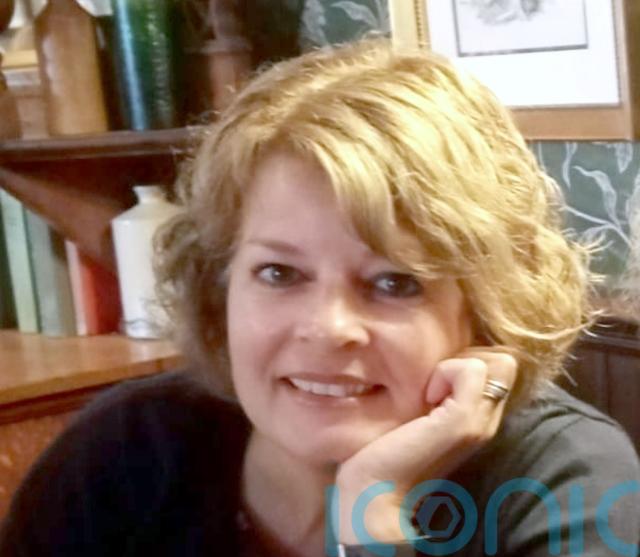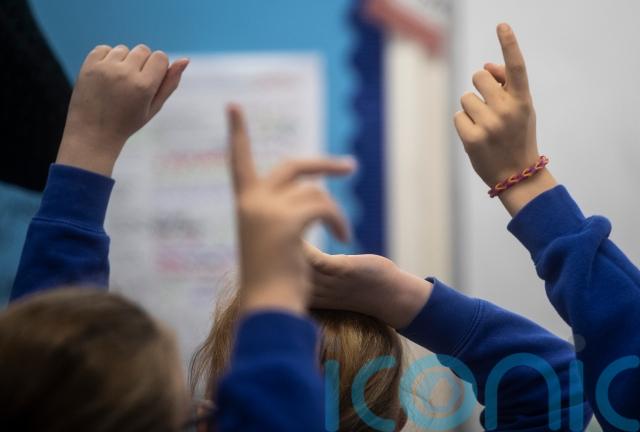
A raft of changes to the way Ofsted inspects schools, including new report cards with a five-point grading scale, will come into place from November.
Parents will be given more detail about their children’s education with the introduction of new-look report cards, Ofsted has confirmed.
Schools in England will be graded across a variety of different areas – including attendance, behaviour and inclusion – using a colour-coded five-point scale, which Ofsted says will provide parents with “more granularity and nuance about a provider’s performance”.
Following feedback from parents and education professionals, the five grades have been renamed urgent improvement, needs attention, expected standard, strong standard, and the new highest grade of exceptional.
An independent poll by YouGov found that almost seven out of 10 parents surveyed preferred the new-look report cards to Ofsted’s current inspection reports, with nine out of 10 saying they were easy to understand.
Additional monitoring inspections of schools and further education and skills providers where provision is not at the expected standard will ensure “action is taken quickly to raise standards”, Ofsted said.
In the early years, Ofsted will increase the frequency of inspections from every six years to every four, with an enhanced focus on the quality of education and care.
Every inspection will also focus on provision for disadvantaged children, those with a special educational need or disability (SEND), and those who are known to social care, with a specific grade for inclusion.
An additional inspector for school inspections will also be added in response to concerns about workload and wellbeing from teachers.
Schools in England used to be issued with one of four judgments for overall effectiveness – outstanding, good, requires improvement and inadequate – when inspected, but this was scrapped last year following criticism of the inspection system since the death of headteacher Ruth Perry.
Mrs Perry took her own life after an Ofsted report downgraded her Caversham Primary School in Reading from its highest rating of “outstanding” to its lowest rating, “inadequate”, over safeguarding concerns.
Ofsted carried out a consultation – called the Big Listen – in a bid to “reset relationships” with teachers while “retaining the confidence” of children, parents and carers.
In February 2025, a further 12-week consultation set out a series of proposals for change, covering early years, state-funded schools, non-association independent schools, further education and skills, and initial teacher education providers, with more than 6,500 responses received.

His Majesty’s Chief Inspector Sir Martyn Oliver said: “Ofsted exists to keep children safe and improve their lives.
“Children deserve the best possible education; their parents deserve the best possible information and education professionals deserve to have their work fairly assessed by experts.
“The changes we are presenting today aim to achieve all three of these things.
“Our new report cards will give parents a clearer understanding of the strengths and areas for improvement at the places where their children learn.
“We will work with the professionals in schools, early years and further education to help them showcase the best of what they do – and help them identify where they can improve.”
An independent report by Sinead McBrearty, the chief executive of charity Education Support, said that stakeholders had called for the roll-out of the changes to be stopped or slowed down, while Mrs Perry’s sister Professor Julia Waters has also urged the Education Secretary to halt them.
Addressing these concerns, Sir Martyn said there would be a “steady and assured start” to inspection and added that the reforms have been “called for for a long time”.
Speaking to reporters, he said: “These reforms have been long in the making. It will be nearly two years since I took over Ofsted, and I made very clear that in that period I’d be introducing major reform and I’m really pleased and proud of the reforms that I’ve introduced in the last 20 months, which have been really welcomed by the sector, and I believe that the reforms I’m introducing (today) will help significantly.
“It’s really important to say the steady and assured start that I have spoken about means that we won’t start inspecting until the second week in November, the second week after our half term, and we’re also not inspecting in the last week before we break up for Christmas.
“In that very short period, we already have people who are putting themselves forward to be inspected – that’s the confidence I’m receiving from the sector.”
Sir Martyn said “no comparison” can be made between the five new grades being launched in November and the grades used in the previous framework.

He said: “There is no comparison. We don’t have any quota, zero, no quota whatsoever, for how many people could achieve any one grade.
“The furthest end grades of urgent improvement and exceptional, there is no quota of how many people will receive them.
“It is a question of being out there, it’s inspecting against the toolkits, but also giving the absolute clarity that Ofsted has never given to this level before, about what we will expect to see in an inspection and sharing it.
“We won’t hesitate to call it out when we see that anybody’s working below that expected standard.”
Sir Martyn said he would be speaking to Professor Waters to go through the proposed changes with her.
He said: “I met with Ruth’s sister on my second day in office over 20 months ago and I’ve spoke to her a number of times since.
“I’ll be taking her through the changes, but not just the changes from this report, the changes that I’ve introduced in the last 20 months.
“All of the things which are designed to be fairer but still make sure that Ofsted is rigorous and inspecting and calling out where we see unacceptable standards – because I mustn’t lose sight of the fact that there are also children who are in settings and to think about some of the tragedies we’ve seen, for example, in nurseries, where children’s health and their care is at risk – actually a risk of their life.
“And so we must do our job to call it out, and it’s a difficult job, but I’m determined to get that balance between fairness, but rigorous and accountability right.”
He said he had commissioned both the report by Ms McBrearty and an independent learning review by Dame Christine Gilbert in the wake of Mrs Perry’s death to “make sure that we’d learned all lessons”.
He added: “I don’t believe that this is a continuation of the practice. I drive past schools all the time where they’ve got banners outside and they use one word to describe the entire setting.
“This is fairer because it describes all of the strengths and areas for improvement.”
Asked about the murder of 10-year-old Sara Sharif and whether he had concerns about home schooling and safeguarding, Sir Martyn said all children should be “in sight” of someone who ensures their wellbeing and health is being taken care of.
Home schooling Sara allowed the abuse at the hands of her father Urfan Sharif, and stepmother Beinash Batool to carry on “beyond the gaze of the authorities”, sentencing judge Mr Justice Cavanagh said in January.
Sir Martyn said: “Now, let’s be clear, there are some brilliant home schooling taking place out in this country, but there are also those where it’s (an) unacceptable standard that’s being given.
“Children only get one chance at childhood, and they need the best education and the best care, whether that’s at home from their parents or it’s in a school, but they should all be registered with Ofsted.
“All schools should be registered with Ofsted, and Ofsted has a duty to inspect them all.”
Subscribe or register today to discover more from DonegalLive.ie
Buy the e-paper of the Donegal Democrat, Donegal People's Press, Donegal Post and Inish Times here for instant access to Donegal's premier news titles.
Keep up with the latest news from Donegal with our daily newsletter featuring the most important stories of the day delivered to your inbox every evening at 5pm.